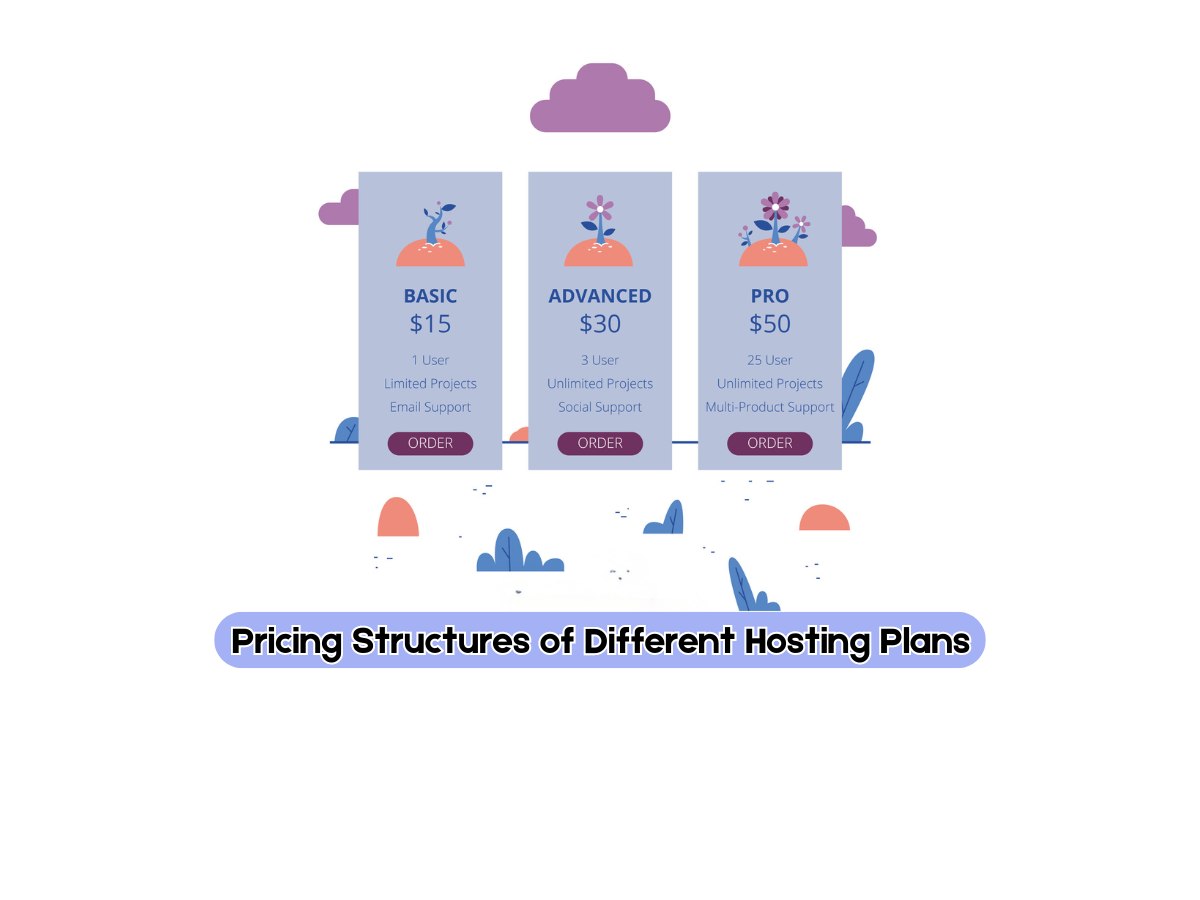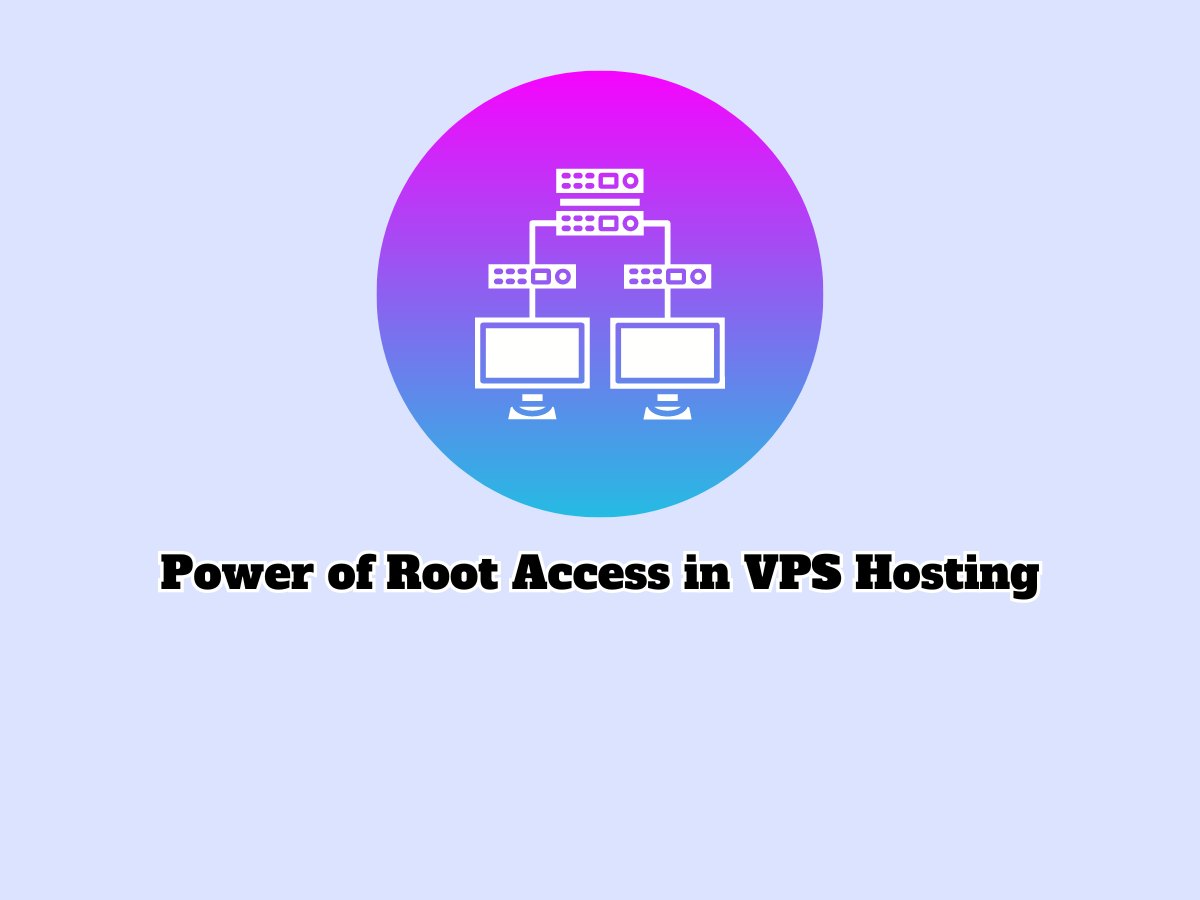
Understanding Pricing Structures of Different Hosting Plans
Choosing the right hosting plan for your website is a crucial decision that directly impacts its performance, reliability, and scalability. One of the primary factors to consider when evaluating hosting options is the pricing structure of various hosting plans. Understanding the pricing models employed by hosting providers can help you make informed decisions that align with your budget and requirements. In this article, we’ll explore the common pricing structures of different hosting plans and their implications for website owners.
1. Shared Hosting:
Shared hosting is often the most budget-friendly option for individuals and small businesses launching their first website. In a shared hosting environment, multiple websites share resources on a single server, making it cost-effective for hosting providers to offer this service.
Pricing Structure: Shared hosting plans typically follow a tiered pricing structure based on factors such as storage space, bandwidth, and the number of websites allowed. Providers may offer introductory discounts or promotional pricing for the first term of service.
Implications: While shared hosting is affordable, it may not be suitable for high-traffic websites or resource-intensive applications. Since resources are shared among multiple users, performance may be impacted during peak usage periods. Additionally, shared hosting often comes with limitations on customization and software installations.
2. Virtual Private Server (VPS) Hosting:
VPS hosting offers a middle ground between shared hosting and dedicated servers, providing more control, flexibility, and scalability than shared hosting while remaining cost-effective for small to medium-sized businesses.
Pricing Structure: VPS hosting plans are typically priced based on allocated resources such as CPU cores, RAM, storage space, and bandwidth. Customers can choose from a range of pre-configured plans or customize their virtual servers according to their specific needs.
Implications: VPS hosting offers improved performance and reliability compared to shared hosting since resources are allocated exclusively to each virtual server. Customers have root access to their servers, allowing for greater control over configurations and software installations. However, managing a VPS requires technical expertise or the assistance of a system administrator.
3. Dedicated Server Hosting:
Dedicated server hosting provides the highest level of performance, safety, and customization options, making it ideal for large enterprises, high-traffic websites, and mission-critical applications.
Pricing Structure: Dedicated server hosting plans are priced based on the specifications of the physical server, including CPU, RAM, storage, bandwidth, and additional services such as managed hosting or server monitoring.
Implications: Dedicated servers provide unparalleled performance and reliability because they allocate all resources to a single customer. Customers have full control over server configurations, allowing for optimal customization and scalability. However, dedicated servers are the most expensive hosting option and require technical expertise to manage effectively.
4. Cloud Hosting:
Cloud hosting utilizes a network of virtual servers to distribute resources dynamically, providing scalability, reliability, and redundancy. This hosting is suitable for a wide range of applications, from small websites to enterprise-level infrastructure.
Pricing Structure: Providers typically price cloud hosting plans based on usage metrics like CPU cycles, bandwidth, storage, and the number of active instances. Customers pay only for the resources they consume, making cloud hosting cost-effective for unpredictable workloads.
Implications: Cloud hosting offers unparalleled scalability and flexibility, allowing customers to scale resources up or down dynamically in response to changing demands. Cloud hosting provides built-in redundancy and fault tolerance by distributing resources across multiple servers. However, cloud hosting costs can be unpredictable, especially for high-traffic websites or applications with fluctuating resource requirements.
Conclusion:
Understanding the pricing structures of different hosting plans is essential for selecting the right solution for your website or application. By evaluating factors such as performance, scalability, reliability, and cost, you can choose a hosting plan that meets your specific needs and budget constraints. Whether you opt for shared hosting, VPS hosting, dedicated server hosting, or cloud hosting, carefully consider your requirements and research providers thoroughly to ensure a seamless hosting experience. With the right hosting plan in place, you can lay a solid foundation for the success of your online endeavors.







